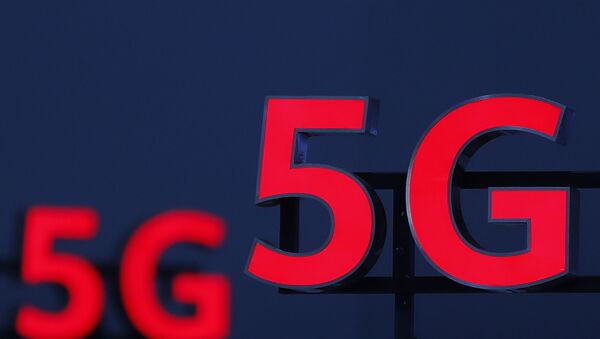The Indian government has snubbed US concerns about involving Chinese tech giant Huawei in 5G trials, saying it will not bar the company from participating in the upcoming trials of next-generation 5G networks.
Telecom Minister Ravi Shankar Prasad said that trials will be held in January. “We have given in principle approval to allot 5G spectrum for trials. All vendors (including Huawei) will be allowed for trials".
The minister said the government will meet all the telecom service providers on Tuesday to take 5G trials forward. The field trial regarding 5G is to be carried out only through licensed Telecom Service Providers in “a restrictive, limited geographical area and for specific use case”.
As part of our commitment to ensure faster roll out of 5G services in India, we have decided to give 5G spectrum for trials to all the players. pic.twitter.com/ZU5Ub0oeV0
— Ravi Shankar Prasad (@rsprasad) December 30, 2019
The 5G services will advance to a full range of services as the ecosystem and demand grows.
The announcement came days after a US State Department official said that they were continuing their “discussion with India about the security-related concerns we see in a system where there really is no periphery and no centre, and so the security of the entire system is paramount”.
India and the US, in a joint statement issued after a 2+2 ministerial dialogue, recognised the “serious threats posed by malicious cyber actors”.
“The ministers reaffirmed the importance of cyber security cooperation, promoting responsible state behaviour in cyberspace, and supporting open and transparent platforms and technologies that will safeguard privacy and sovereignty as per domestic legal framework, particularly in emerging ICT technologies including 5G networks", it added.
In October, Huawei India head Jay Chen reiterated that the company is ready to sign a "no backdoor" agreement with New Delhi to allay security concerns.
The US has repeatedly accused Huawei of installing so-called backdoors on its products to allegedly assist Beijing in espionage efforts, something the company and the Chinese government vehemently deny.




